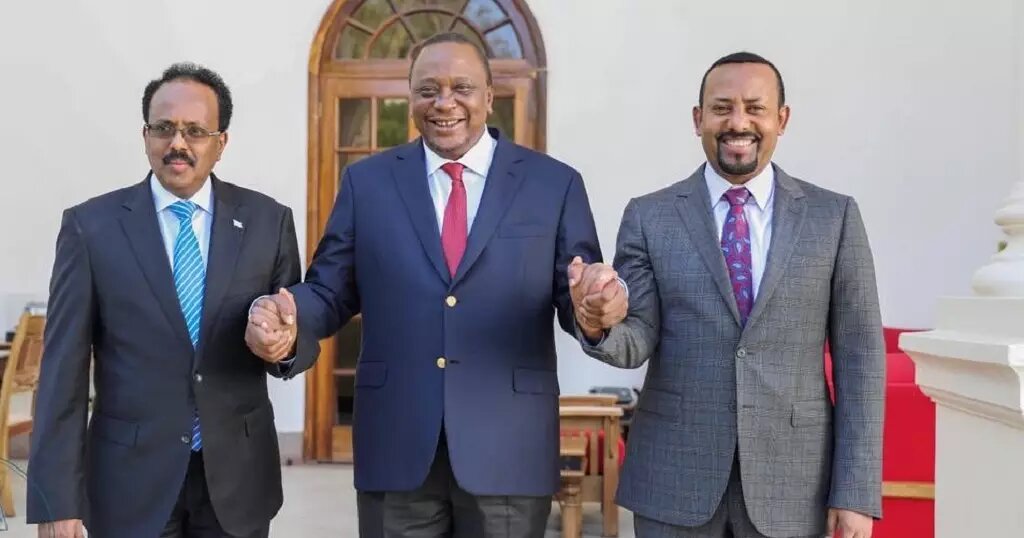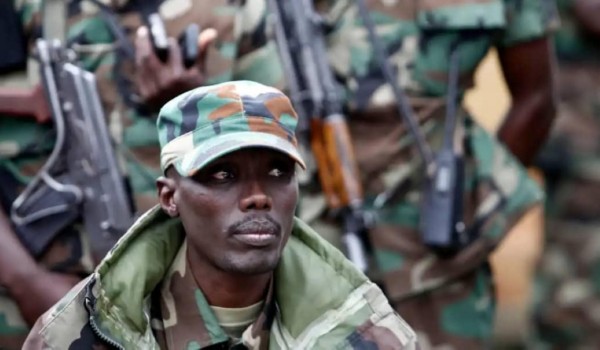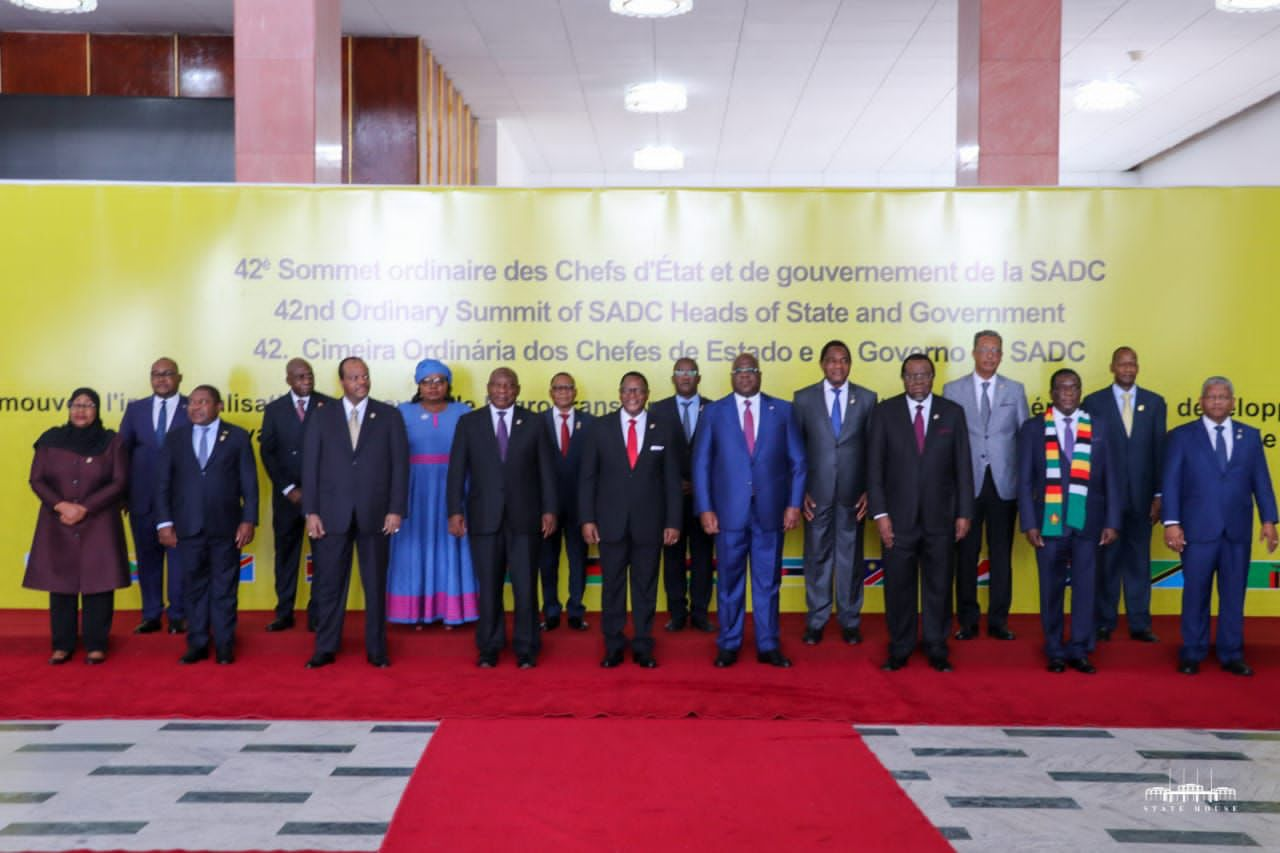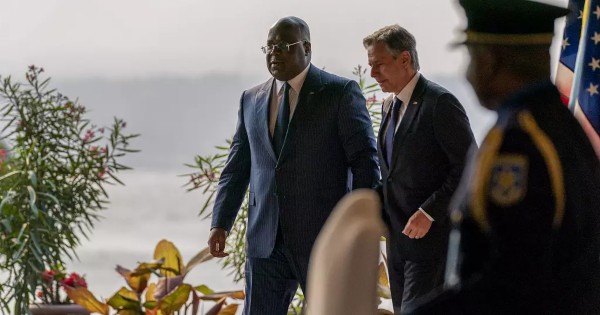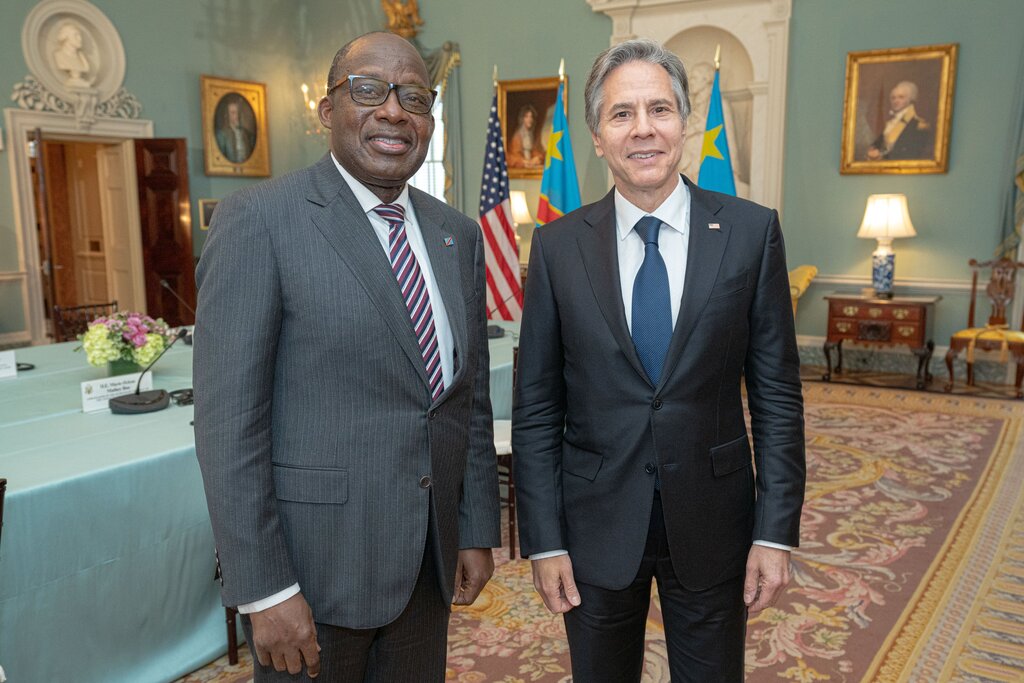Regional
Jason Stearns ups the ante in smearing Rwanda; how far will he go?
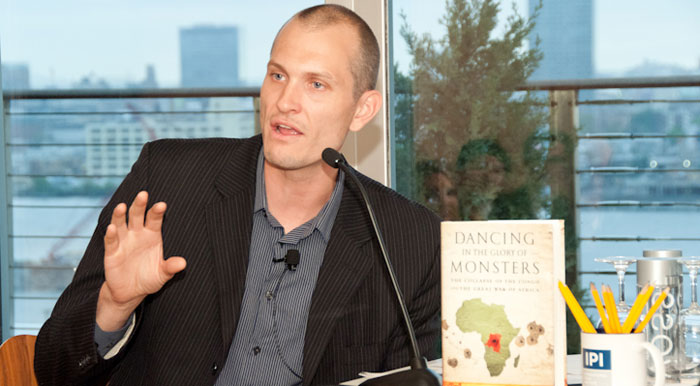
Jason Stearns, an America who has, for long, postured as an expert
on DRC, is upping the ante in a smear campaign against the Rwandan government.
One wonders how much his masters pay him for that. And, just how far will he
go?
Clearly, he is being used as the West's official mouth piece on
the crisis in eastern DRC. In 2008, he was selected as coordinator of the UN
Group of Experts on DRC. In his new blog,
Congo Research Group, he recently wrote a piece titled, “Should we talk about the
FDLR every time we talk about the M23?”
He was emphasizing the allegations by US Secretary of State
Anthony Blinken that Rwanda supports the M23 rebels in eastern DRC, while at
the same time, creating an equivalence between M23 and FDLR.
Stearns intentionally downplayed the role of FDLR in destabilizing
DRC and the threat it poses to Rwanda. The FDLR are remnants of the masterminds
and perpetrators of the Genocide against the Tutsi in Rwanda in 1994. From
their bases in eastern DRC, the genocidal militias hope to return to Rwanda, by
military force, and complete the genocide against the Tutsi. Foreigners like Stearns
have misled the world on the DRC crisis and often complicated efforts to find a
lasting solution to the insecurity in
eastern DRC and the Great Lakes region at large.
Stearns works for foreign political interests in the region. His
is a case similar to what John Perkins describes in his book, Confessions of an Economic Hit Man.
Although I agree with Stearn’s statement that, “it is misleading
to attribute all responsibility for the conflict in this region to Rwanda,” when
rightly pointing out that there are
about 120 armed groups in DRC, it is still misleading for him to confirm
without tangible evidence that only M23, one of the 120 active armed groups, is
“clearly” supported by the Rwandan government. It is not a surprise that Stearns
does not condemn Kinshasa for incorporating FDLR within the ranks of FARDC,
well knowing that the former was designated as a terrorist group.
Trying to draw a moral equivalence between M23 and FDLR is not
only absurd but an act meant to legitimize a terror group that is founded on
genocide ideology and determined to return to Rwanda to complete the genocide
against the Tutsi.
In
his previous writings, Stearns accused Rwanda of having, “interest in Congolese
mining during the 1996–2003 wars,” thereby linking Rwanda’s growing mineral
sector to smuggling of DRC minerals. In so doing, Stearn is merely covering up
for the crimes he knows very well are committed by his own country and many
other developed countries, whose companies pillaging Congolese natural
resources. The US Public-Private Alliance for Responsible Minerals
Trade (PPA) has vested interests
in exploiting DRC resources, but to Stearns, it is okay, because they hoodwink the world
that the trade is done through ‘responsible minerals trade.’
Rwandans are always disturbed by this
hypocritical narrative of being blind to Rwanda’s genuine security concerns in DRC
and diverting global attention to minerals. The lives of Rwandans at stake
under the genocidal threat posed by FDLR cannot be compared to minerals.
Western hit men like Stearns accuse Rwanda of
killing the Hutu population in refugee camps, but again contradict themselves.
A case in point is when, in his book, dancing in the Glory of Monsters: The Collapse of the
Congo and the Great War of Africa (2011), Stearns admits that a big number of Rwandan refugees
were killed by cholera. “In the end as many as
2 million Hutus fled across Rwanda’s borders into exile, the great majority
went across the border into Zaire. Here a number of mega-sized refugee camps
were established. At first the refugees lived in utter poverty, disease took
hold, hundreds died every day of cholera until international aid agencies
arrived by the hatful, with tents and water and food. It was a vast operation,
which ended up costing millions of dollars a day.”
Stearns also admits that the camps in the then Zaire harbored criminals
who had committed genocide in Rwanda and were establishing their new government
there.
“However, there was a
bitter irony at work because among the hundreds of thousands of impoverished
refugees were many of the Hutu organisers of the original genocide and they
rapidly set about re-establishing their authoritarian rule over the civilians,
using the Interahamwe and other militias to terrorise the refugees. They
inflated the numbers of refugees in order to maximize Western aid, which they
then creamed off for themselves.”
The
FDLR are the remnants of the same people Stearns calls the “organizers of the
original genocide,” yet he shamelessly advocates for dealing with them
peacefully.
It is ironical that Stearns is a sympathizer
of the group he knows well is responsible for the Genocide against the Tutsi.
In April 2016, then Congolese President
Joseph Kabila chased Stearns out of DRC and declared him persona non grata for
his controversial reports that serve Western interests, while working to
complicate and escalate the insecurity challenges in eastern DRC. Congo Siasa and Congo
Research Group are some of the blogs Stearns uses to publish
controversial reports under the cover of ‘an expert’ on DRC.
He
previously worked for Héritiers de la Justice, the United Nations peacekeeping
mission and as a senior analyst for the International Crisis Group. He also
managed a research project for the Rift Valley Institute on Congolese armed
groups, called the Usalama Project, where in his writings advocated for “peaceful
avenues to dealing with the FDLR.”
This
self-styled expert should know that Rwanda's past intervention in DRC was a matter of
personal survival and a consequence of the irresponsible management of the
refugee camps by the UN.
The existential
threat posed by FDLR persists. Their genocide ideology is still alive. That’s
where the danger resides. As for the M23
rebels, that is an internal problem of DRC that should not be blamed on Rwanda.


